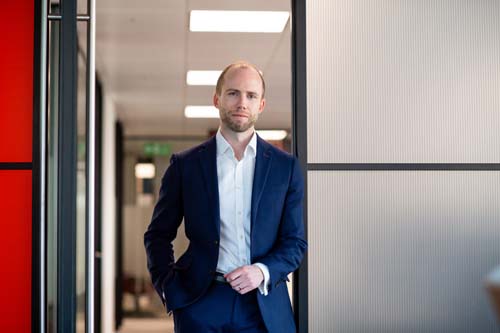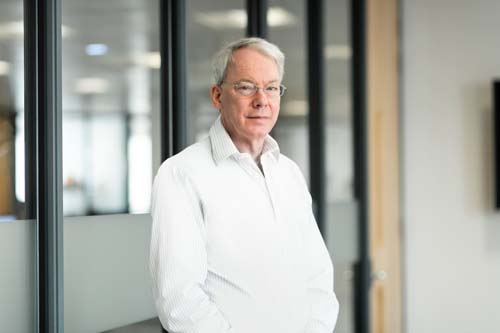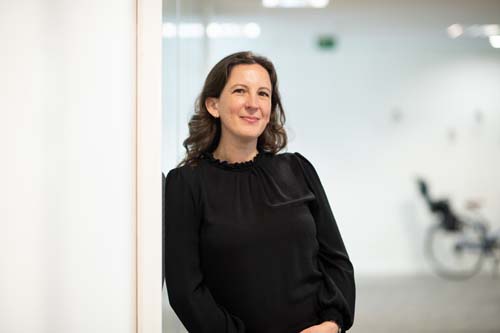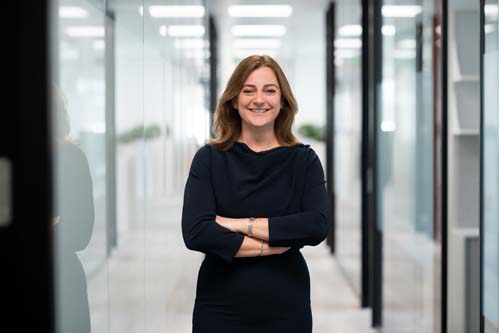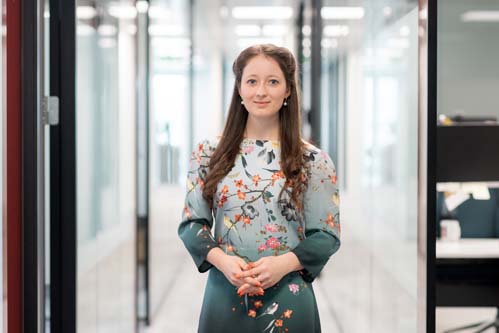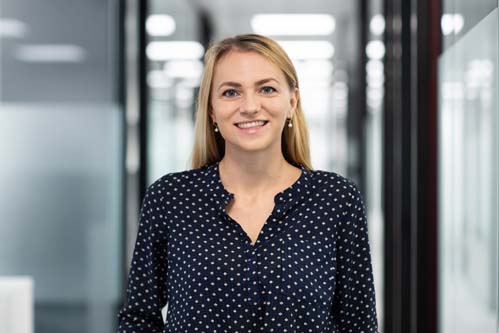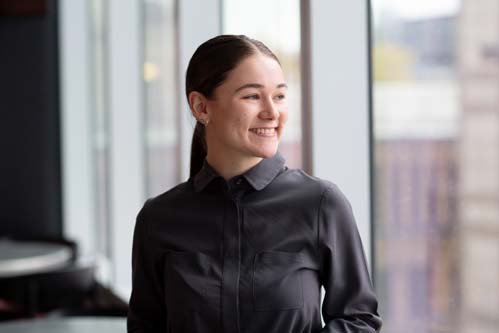MC2 Therapeutics is a commercial stage pharmaceutical company committed to research in skin biology and development of novel treatment paradigms for people with autoimmune and chronic inflammatory skin conditions. It received its first marketing authorisation in 2020 for Wynzora Cream®, a topical treatment for plaque psoriasis in adults, and have various other products in the pipeline for treating different skin conditions.
Boult has worked with MC2 Therapeutics for many years. We’ve drafted and prosecuted patent applications for MC2 since the early days, providing valuable protection for inventions ranging from key platform formulation technology to exciting clinical applications. We’ve always enjoyed working closely with inventors at MC2 Therapeutics to identify patentable inventions and navigate together the challenges that inevitably come with a large international filing programme.
It’s been a privilege for us to see MC2 Therapeutics grow as a business over the years and to work together to develop the strong patent portfolio it has today, and we’re excited to see what the future holds.
Morten Præstegaard, Chief Operating Officer at MC2 Therapeutics, said: “MC2 Therapeutics has benefitted hugely from its relationship with Boult over the years. We have grown from a small company with a basic understanding of IP to a significant commercial stage pharmaceutical company with a strong patent portfolio, and this would not have been possible without Boult’s support. Boult has been with us from the beginning, and we see them as not just a contractor, but an active partner to our success.”

